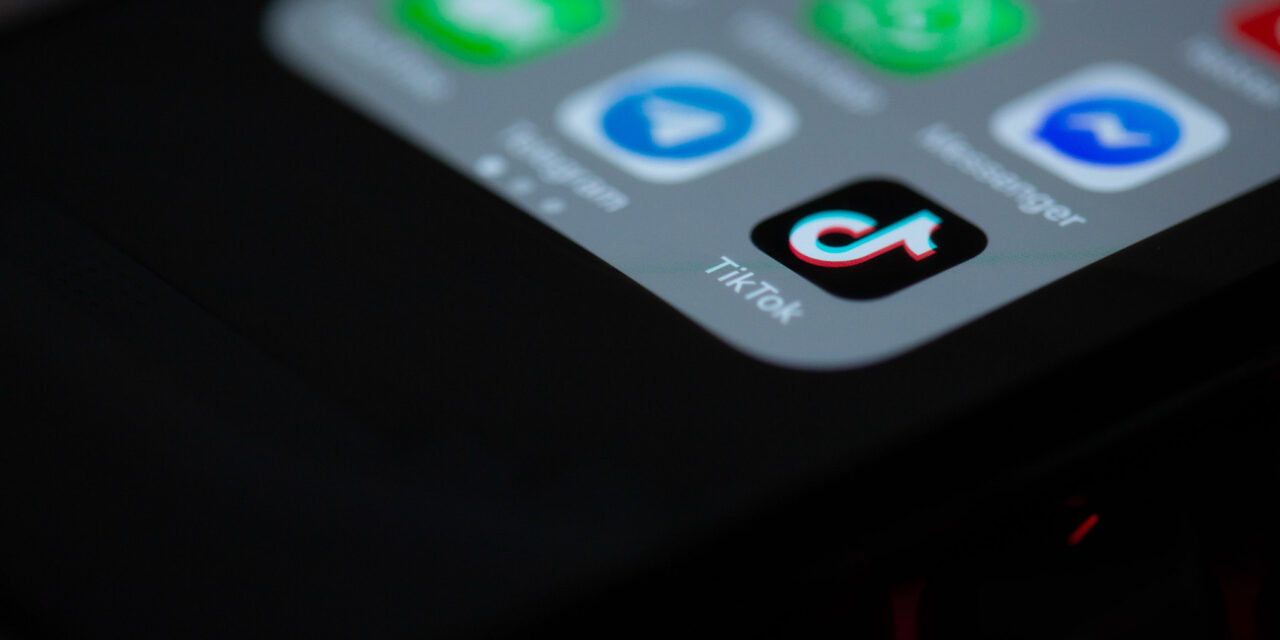A ruling on whether the app must be sold or banned by Jan 19th could come any day.
After bipartisan legislation was passed and signed into law last year that forces the China-based owners of TikTok to divest to an American company or face being banned in the United States, lawyers for the government and the social media platform were in the U.S. Supreme Court last week.
The arguments at the Supreme Court centered around whether banning the app would infringe on Americans’ First Amendment rights to free speech or if Congress’ national security concerns over TikTok’s owner ByteDance’s close ties—some would even say control by—to the Chinese Communist Party are enough to override First Amendment complaints. Proponents of forcing divestiture or banning the app are worried over the potential of the CCP to “manipulate what Americans saw” on the platform and to collect private and other sensitive information on American users.
Several of the justices appeared skeptical of TikTok’s arguments, with liberal Justice Elana Kagan suggesting a foreign entity does not have First Amendment rights and questioning whether a TikTok user could claim First Amendment rights when “publishing or interacting with” the app. Justice Amy Coney Barrett even questioned whether the matter before the court was a result of ByteDance’s refusal to sell the platform.
A ruling from SCOTUS could come in the next few days, but incoming President Donald Trump, who previously signaled support for banning TikTok during his first term, petitioned SCOTUS to delay the January 19, 2025 deadline to ban or sell the app.
Previous reporting on TikTok by other outlets has allegedly resulted in efforts to kill stories.
With the ruling looming over TikTok, reports from Beijing say ByteDance (with CCP’s approval) are interested in selling the platform to Elon Musk. Were Musk to purchase TikTok, it would be an advertising boon for what would become a social media empire, but the sale would not include ByteDance’s algorithm used to serve up suggested content to users.
American users are looking at alternative platforms if TikTok is banned. Another Chinese-owned app, RedNote, has seen a surge of American users join. However, RedNote is likely to face similar scrutiny given its Chinese ownership. The Chinese translation of the app’s name, Xiaohongshu, literally means “Little Red Book”, a reference to Chinese dictator Mao Zedong’s Little Red Book, a collection of his speeches and writings first published in 1964. The book and its contents were a key icon of the brutal and violent Cultural Revolution in which the Chinese youth rose up to purge Communist China of what it claimed were capitalist forces.
Chinese users of RedNote are asking the new American flock “please don’t bring politics” to the new platform.






